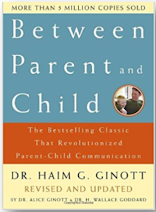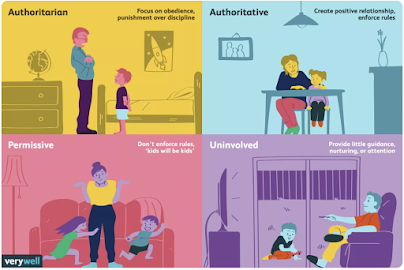Emotion Coaching
I had an emotion coaching moment in my own life with my 7-year-old son Jack as he became very angry when I asked him to practice his piano:
Jack: "I'm so mad at you mom! I hate piano practice! I never want to practice piano again!"
Me: "You're really angry at me. Are you feeling overwhelmed because it's hard to learn a new song?"
Jack: "Yes! This song is too hard for me! It's a boring song and I want to throw it in the garbage!"
Me: "It is a hard song. It's ok to feel frustrated when you see a new song that is hard, and that you might not like. When I am practicing piano and it is really frustrating for me I like to play all the notes at the same time for a minute. It helps me to calm down so that I can keep practicing. Do you want to try that?"
Jack: Plays notes randomly on the piano and let
s out frustration.
Me: "That was awesome. Is your body feeling calmer now?"
Jack: "Yes I feel a little better."
Me: "I'm so happy that helped you. When you work hard at a song you will learn it more quickly. Then we can pick a new song that you like better. What do you think?"
Jack: "Ok, that sounds good. I'll practice this one and learn it so fast!"
Me: "That's great bud! Let me know if you need my help."
In this scenario I first sought to help Jack identify the emotion he was feeling. In identifying it Jack was able to put a name to the feeling he had, which is an important step towards learning to control those feelings. I next validated the emotions. I didn't disregard his feelings by saying "this is ridiculous, I know you can figure it out. Stop whining about it. The faster you get started, the faster it'll be over." This would have increased his anger and frustration, causing resentment towards both me and his piano lessons. Instead he felt seen and heard by me. He saw that I recognized how he was feeling and was willing to listen to him. That creates trust between the parent and child.
Once the emotion has been validated you can walk your child through the steps of how they react to the emotion. In Jack's case I suggested a way to vent his frustration that was harmless to others. When he used the suggestion he became more empowered in his ability to emotionally regulate.
After the child is calm, he is ready to listen. You are then able to talk to him about how to move forward. In my scenario I let him know that while he still had to learn the song, it would help him get better and he can choose a new one when he's mastered this one. Emotion coaching doesn't mean we let children give up on their responsibilities. It means we coach them through the emotions those responsibilities stir up so that they are better equipped to handle difficult responsibilities and situations in the future.
Emotion coaching is a method that doesn't have a lot of research done on it yet, but the research that has been done has so far shown very positive effects. One study was done in 2014 looked at the role emotion coaching could play in at risk homes. These are homes with economic disadvantage, high levels of family stress, and/or maltreatment in the home. The study concluded that emotion coaching did help to decrease the risk level of the children in those homes, and provided evidence that parents in at risk communities should be trained in emotion coaching (Ellis, B. et al., 2014).
Helping our children learn about their range of emotions and how to react to them is a huge stepping stone to raising adults who are able to handle life's hurdles, using them to become stronger people with greater family bonds. It's an important technique for every parent to learn.
Reference:
Ellis, B., Alisic, E., Reiss, A., Dishion, T., & Fisher, P. (2014). Emotion REgulation Among Preschoolers on a Contimuum of Risk: The Role of Maternal Emotion Coaching. Journal of Child & Family Studies, 23(6), 965-974. https://doi.org/10.1007/s10826-013-9752-z




Comments
Post a Comment